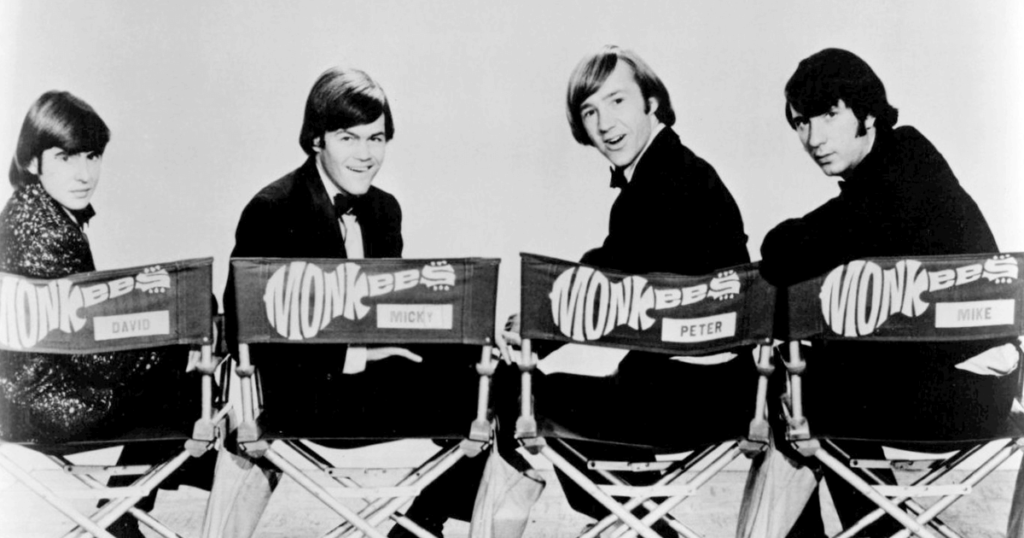
We were talking about phrases with the word get, and I asked the class for alternatives—ways to say the same thing, but without get. Get to was arrive at, get on someone’s nerves was annoy. The students, a new upper-intermediate class of university students, were on top of the exercise. Get someone to do something provoked discussion: make or convince? We talked about it. A student asked about the difference between get and be, and we talked about that, too. They had strong accents, making me think they’d learned a lot of their English from teachers who were Spanish. But they were good students, smart.
And then, with 10 minutes left, a student asked about get up, and someone suggested wake up. No, because you could do that and stay in bed. Stand up? No, because you might crawl out of bed. Or you might stand up to close the door and quickly retreat back to bed. The guesses got wilder. They looked at me expectantly. Arise, I told them, immediately wishing I’d kept it simple and said rise, because already, while they were still turning the word around in their minds to see if they recognized it, I was listening to a tune that was starting up in my brain, getting louder. I reached for my tablet. “Do you know the Monkees?” I asked.
It was like asking if they knew the Partridge Family, or the Archies—bands from old American TV programs. How could they? These students were all born in the last century, at least, but not even a decade deep. But to my surprise one student said that he did. “Really?” I asked, and he nodded, looking around at his classmates, as if they’d back him up. Another nodded. The others didn’t commit one way or another. “Listen to this song,” I said, “‘Daydream Believer,’” and I pushed play, then turned the tablet around so they could see Davy Jones snapping his fingers, dancing to the middle of a stage, all sashay and bounce and slide, singing about the morning, the bluebird, and the alarm he doesn’t want to hear. But, he sings, it “rings and I rise.”
I smiled. I managed not to snap my fingers and sway.
The students also smiled. They laughed. I laughed a little, too, though I’m quite fond of the song. “They once rivaled the Beatles,” I said, thinking of how as a child I’d confused a pair of names, Monkees with monkeys and Beatles with beetles, and preferred the animals to the insects. Perhaps I ought to say rivaled in my affection. Before I could explain, the student who’d said he knew the Monkees did his own explaining: he’d heard monkeys and had pictured monkeys, real monkeys. He’d been rather surprised when I mentioned a song. Monkeys, he’d thought, singing?
There wasn’t time to add my own long-ago double error to his. Besides, we were already laughing. Monkeys in a band! An image to rival elfin Davy Jones, bangs in his eyes, earnest and playful, decked out in bell bottoms and a bright tunic and gold chain. Look at those clothes! Like the students in the class, the song in the lesson, and the verb in the song, the outfit quite suited. A fine getup.

